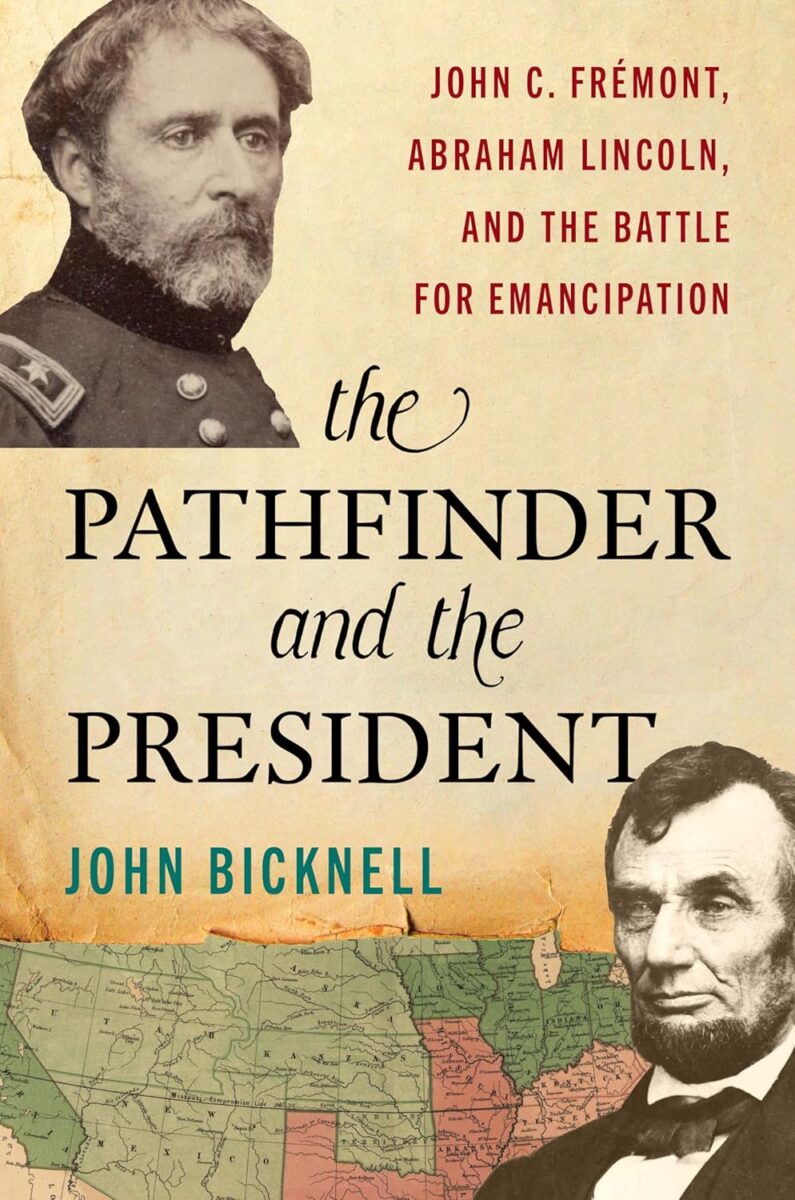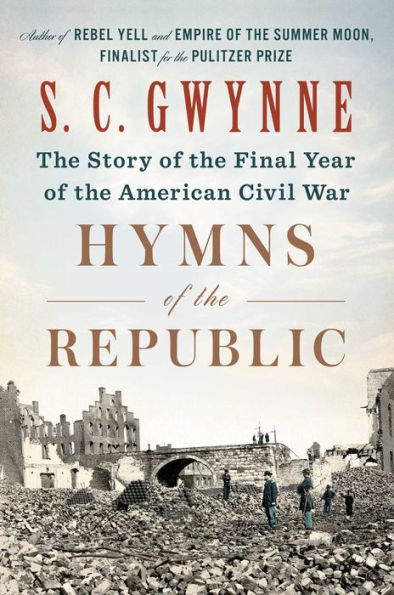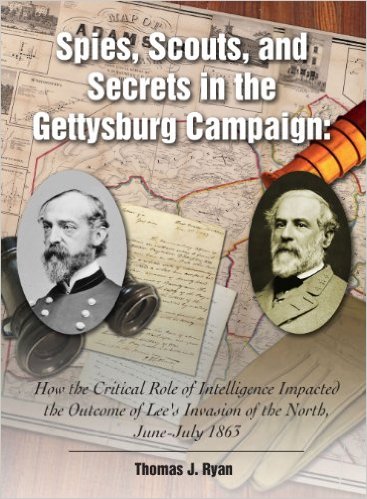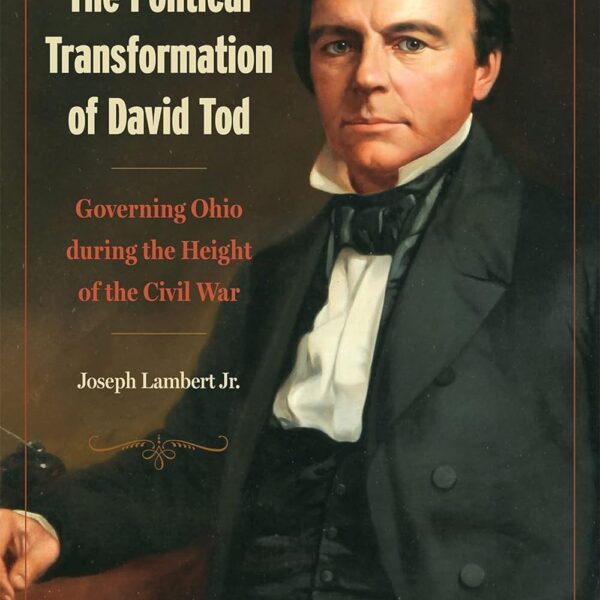“The military problem would be a simple one could it be entirely separated from political influences,” lamented George B. McClellan, new commander of the Army of the Potomac, to Don Carlos Buell in November 1861, when appointing his division commander to head the new Army of the Ohio. These federal generals corresponded as more than friends and members of the fraternity of West Pointers now leading the vital, dangerous work of saving the nation. They were fellow Conservative (or pro-slavery) Democrats who already recognized the divisiveness of military emancipation politics in the federal ranks.
This razor’s edge cut both ways. Just days before McClellan’s missive, Lincoln had removed John C. Frémont from command of the Western Department while in the field for refusing to rescind his emancipation proclamation in Missouri. (Only a year later, amid the furor following Abraham Lincoln’s emancipation proclamation, the president famously sacked both McClellan and Buell for sluggish battlefield performances that their critics condemned as bellwethers of their politics.) Knowing that many anti-emancipation “McClellan men” remained in command, John M. Palmer, an Illinois abolitionist and western commander, believing loyalty to be the sole province of reliably antislavery Republicans, urged the president to “consolidate the radical regiments, and be careful in doing so to retain only loyal incorruptible officers.”
John Bicknell’s important study focuses primarily on the high political drama over slave emancipation that roiled the Lincoln administration, War Department, U.S. Congress, and the officers’ corps before, during, and long after Frémont’s controversial ouster. Readers will likely know Frémont for his prewar firsts—”Pathfinder of the West,” Bear Flag revolutionary, California U.S. senator, 1856 Republican standard bearer—and for the longtime feud between the political general and his commander in chief over the Pathfinder’s military stumbles and insubordination. After Frémont’s public excoriation by Frank Blair for incompetence and corruption in Missouri and his subsequent, disastrous 1862 summer in the Shenandoah Valley, Lincoln accepted his stubborn and vain general’s resignation, made to avoid demotion. He never regained command.
Bicknell employs a wide cast of characters—Jessie Benton Frémont, Montgomery and Frank Blair, Samuel P. Chase, Gustave Koerner, Frederick Douglass, Clara Barton, William Lloyd Garrison, Wendell Phillips, and John Greenleaf Whittier, among others—to offer a fresh narrative on a familiar topic. The general was far more than Lincoln’s bête noir commander. He was the anti-Lincoln Radical Republicans’ wartime fever dream, whose consistent opposition to slavery betokened an electoral antidote to the too-conservative president who many would never fully support. This political conundrum vexed Lincoln long after his emancipation proclamation, as all-or-nothing emancipationism became a partisan litmus test. Radicals on the Joint Committee on the Conduct of the War protected Frémont, keeping hopes alive for his third act. Small wonder Lincoln did not shelf him sooner than he did. As the politics of slavery, confiscation, and emancipation became inextricably entwined with command politics, the ambitious Frémont subsequently played both symbol and intriguer, carefully camouflaging his wounded pride ostensibly for the sake of his party while willingly remaining a thorn in Lincoln’s side. The president remained wary of the former general’s luster among his party’s Radicals.
The election of 1864, a referendum on Lincoln and emancipation as much as the progress of the war, ripped off the bandages. The deep factionalism within the Republican Party has evaded historians in favor of antagonisms with wartime Democrats—especially the Peace faction or “Copperheads.” Rather than being inconsequential, the infamous Cleveland Convention, at which disaffected delegates to the “Radical Democracy Party” nominated Frémont to spoil Lincoln’s reelection bid, made for a tense Hundred Days that summer. The Pathfinder reluctantly agreed to withdraw not because he represented an exposed rump faction but rather, after the falls of Atlanta and Mobile, leading Radicals convinced him he could not win. On September 21, Frémont inelegantly withdrew as part of a deal with Lincoln to remove the postmaster general, Montgomery Blair, from the cabinet. Bested again by his Republican nemesis, he remained critical of the martyred president. After briefly serving as territorial governor of Arizona, he quickly fell into relative oblivion and even poverty.
Bicknell has done a solid job synthesizing a now vast literature on wartime emancipation. Readers will certainly gain a fuller appreciation of its centrality to national politics during the fiery trial, if little on slaves’ and soldiers’ roles in the vital transformation of the conflict. Readers will gain equally little understanding of the book’s main protagonist. Frémont comes off mostly as a wooden, preening, will o’ the wisp who Karl Marx described as “high-stepping and haughty, and not without a touch of the melodramatic” (290). One is left to wonder what such qualities he actually possessed. If anything, the Pathfinder mainly proved the difference between what his Radical supporters hoped for and what they got.
Christopher Phillips, John and Dorothy Hermanies Professor of American History at The University of Cincinnati, has studied the experience of the border states in the Long Nineteenth Century. His 2016 book, The Rivers Ran Backward: The Civil War and the Remaking of the American Middle Border was awarded the Society of Civil War Historians’ Tom Watson Brown Book Prize and the Society of Military History’s Distinguished Book Prize.





